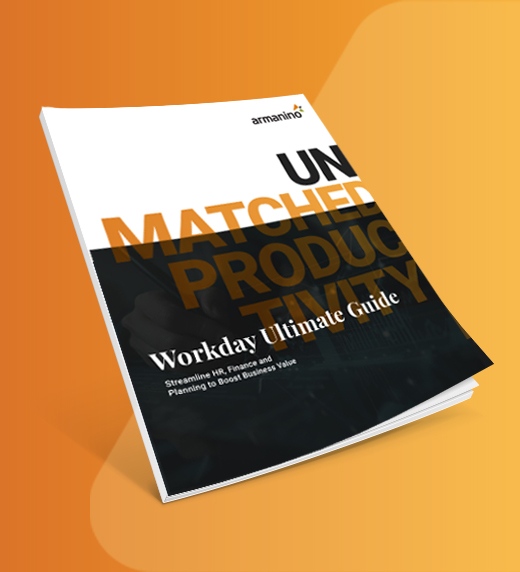
With stricter privacy regulations and higher customer expectations about safeguarding personal information, a growing number of companies are retaining privacy engineers to enhance privacy protections throughout product and service lifecycles.
In recent years, privacy concerns were often overlooked as business units and engineering teams developed a product or service. Some organizations believed that strong privacy controls could slow the development process or be an impediment to a product or service gaining rapid traction. On the other hand, engineering teams often lacked technical privacy knowledge or the authority to take the necessary privacy considerations into account.
However, more and more companies are now realizing that it is more efficient and cost-effective to evaluate privacy concerns at the earliest possible stage of the development cycle to detect and resolve any issues that might cause data governance or security problems later.
The inclusion of privacy-related questions at the start of the development process represents a new approach for businesses, many of which tended to consider privacy issues either at the later stages of product development or even, in some instances, after a product or service was in the marketplace.
Specific responsibilities vary among organizations, but in broad terms, a privacy engineer collaborates with the organization’s engineering, legal and business teams to ensure that privacy considerations and regulatory requirements are addressed in the earliest stages of product and service development.
Common duties might include, for example:
An effective privacy engineer will also be able to understand the financial implications of implementing privacy considerations within the organization — or failing to do so — and should be able to explain privacy issues to stakeholders in different business units.
Recent growth in the demand for privacy engineering talent has been driven in part by stricter privacy regulations, including the European Union’s General Data Protection Regulation (GDPR) and the California Consumer Privacy Act (CCPA). Both regulatory frameworks impose limitations on how organizations can use, share, store and commercialize their customer data.
Privacy engineers help compliance and development teams translate those requirements into software code and ensure that the organization’s products and services remain in compliance with those and other regulatory mandates.
Privacy engineers also help organizations implement the Privacy by Design approach, which focuses on the fundamental privacy principles, and help them build effective privacy controls into the design, operation and management of a product, service or process.
Privacy-related considerations are also becoming more important for investors in development-stage companies and are playing a role in the due diligence process before potential mergers or acquisitions.
As with product development, privacy engineers can play an essential role in facilitating the M&A process due to their technical knowledge and understanding of the privacy considerations across the organization.
Given the blend of technical and compliance skills required, recruiting a qualified privacy engineer can be challenging for many companies. In response, many organizations are turning to privacy engineers on an outsourced service basis, retraining internal resources, and enlisting consultants to help with privacy strategy development.
If you have questions or want to learn more about privacy engineer outsourcing or our other data privacy services, contact our experts.


